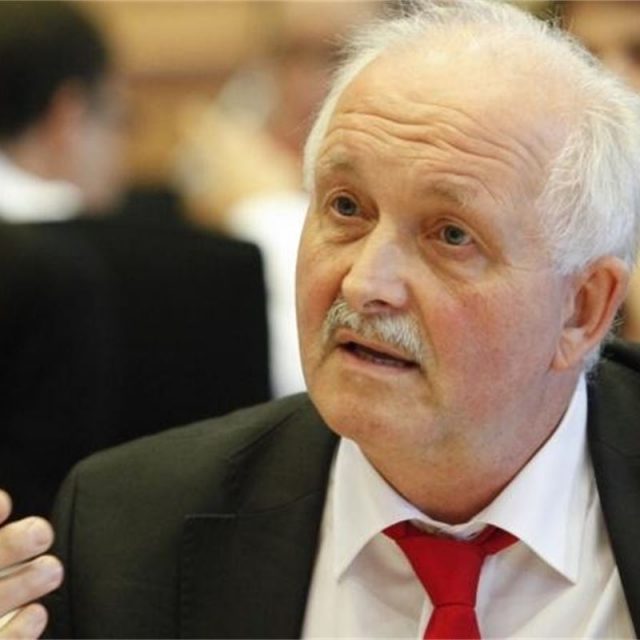In a vote with 6 in favour to 23 against and 1 abstentions in the dischards. MEPs in the Budgetary Control Committee postponed the decision on the 2020 accounts of the EU’s border control agency, Frontex.
They cited, as reasons behind the decision, a failure to fulfil the conditions set out in Parliament’s report, as well as findings by the EU’s Anti-Fraud watchdog regarding harassment, misconduct and migrant pushbacks involving the Agency, presented to the committee by the OLAF Director-General and judged by the Members to be serious enough to postpone the discharge. Reported violations in Greece were not addressed and the operations in Hungary were continued regardless of the ruling by the Court of Justice that refugee return operations in Hungary in 2020 were incompatible with EU law, they say.
By 18 votes in favour, 12 against and no abstentions, the Committee granted discharge (i.e. approved the expenditure) to the Commission, which manages the majority of the EU’s general expenditure, totalling €173.3 billion in 2020.
MEPs note that EUR 12,9 billion in commitments under direct and indirect management and EUR 34,2 billion in commitments under shared management had been provided for purposes related to the COVID-19 pandemic during 2020. Due to the exceptional and urgent circumstances, rules for disbursing EU funds to member states were relaxed to provide liquidity and flexibility to deal with the COVID-19 pandemic. This increased the risk of non-transparent procedures, misuse and fraud, such as the already-recorded criminal activities affecting the supply of some health and safety equipment and fake vaccine offers.
They ask for risk audits and a scoreboard for measuring the efficiency of spending of the funds to be introduced to ensure that these funds are not subject to similar misuse.
Finally, they repeat their call for a mandatory single interoperable reporting and monitoring system on beneficiaries of funds from all EU programmes to be introduced, to prevent misuse of funds, fraud, conflicts of interest, double-funding and other systemic problems.
The committee gave positive discharge recommendations for 33 other EU bodies and agencies
Oliver Chastel said, “Our ambition was to stress the Parliament’s political priorities: audit systems must be digitised, a database of the beneficiaries of all EU funds from all programmes is needed, use of data mining programmes should be mandatory, respect for the Rule of Law, an assessment of the impact of our policies and budgetary support, a reduction of outstanding commitments and an increase in the member states’ absorption capacity. With the crises we are going through, the European budget must be managed efficiently and effectively, in order to meet the needs of Member States and citizens, combat fraud and corruption, and respond to emergency situations and promote long-term European growth.”
All discharge decisions need to be backed by the full Parliament, with a vote scheduled during 2-5 May session




